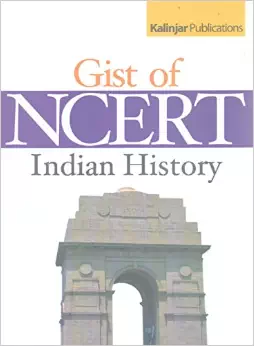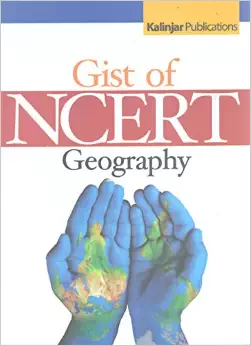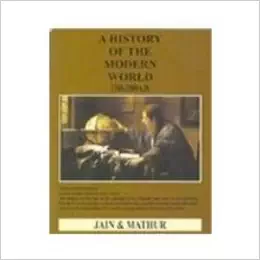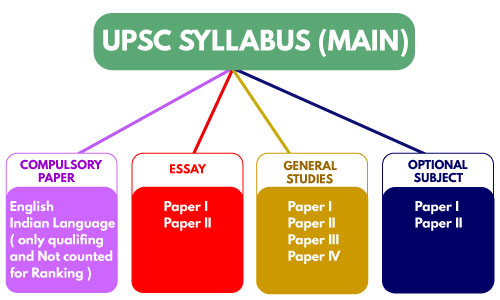Indian Tradesman Mate Civilian Recruitment 2021 Admit Card
| Post Date : | 15 February 2021 | 03:50 PM |
| Post Update Date : | 13 March 2021 | 06:31 PM |
| Short Information : | Indian Navy Civilian Recruitment 2021 for the Various Post of Tradesman Mate INET Notification 2021. Those Candidates Are Enrolled with Vacancies Can Check the Exam District and Download Admit Card. |
Join Indian NavyNausena Bharti Tradesman Mate Civilian Recruitment 2021Advt No. : INCET-TMM-01/2021 Short Details of NotificationTSCOACHINGCENTER | ||||||||||||
Important Dates
| Application Fee
| |||||||||||
Vacancy Details Total : 1159 Post | ||||||||||||
Post Name | Total Post | Age Limit | Eligibility | |||||||||
Tradesman in Indian Navy | 1159 | 18-25 as on 07/03/2021 |
| |||||||||
Category Wise Vacancy Details | ||||||||||||
Post Name | General | EWS | OBC | SC | ST | Total Post | ||||||
Eastern Naval Command | 303 | 71 | 163 | 116 | 57 | 710 | ||||||
Western Naval Command | 133 | 32 | 87 | 48 | 24 | 324 | ||||||
Southern Naval Command | 57 | 13 | 37 | 16 | 02 | 125 | ||||||
Enrolled Candidate Can Download the Admit Card. | ||||||||||||
How to Fill Form
| ||||||||||||
Download Mobile Apps for the Latest Updates | ||||||||||||
Android Apps | Apple IOS Apps | Window Apps | ||||||||||
Some Useful Important Links | ||||||||||||
Download Admit Card | Click Here | |||||||||||
For Online Practice | Click Here | |||||||||||
Apply Online | Click Here | |||||||||||
How to Fill Form (Video Hindi) | Click Here | |||||||||||
Download Notification | Server I | Server II | |||||||||||
Official Website | Click Here | |||||||||||
Find More Latest UpdatesBPSC Assistant Director DPRO Recruitment 2021UP Aided Junior High School Recruitment 2021HSSC PGT Recruitment 2021Rajasthan Police RPSC Sub Inspector Recruitment 2021 | ||||||||||||
























